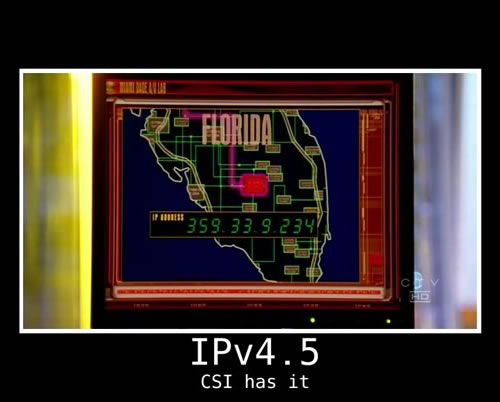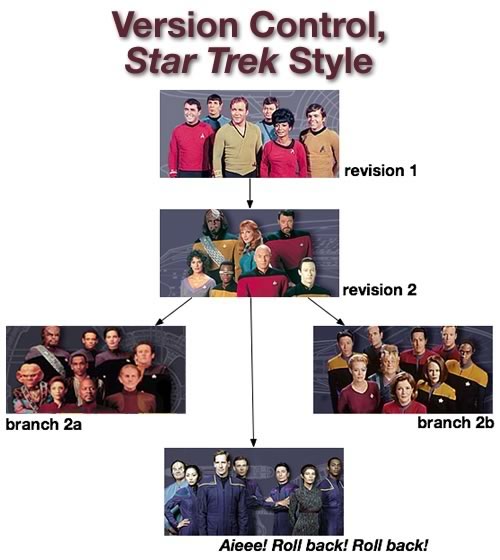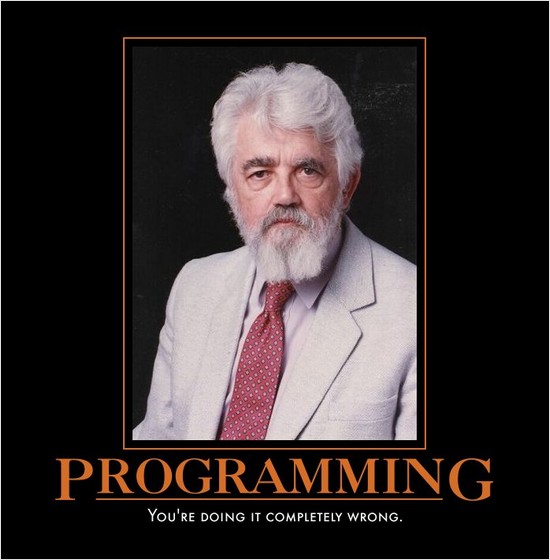 For your lazy (or perhaps not-so-lazy…maybe you’re hitting that Erlang book — and good for you if you are!) Sunday reading, here are some Google stories for your enjoyment.
For your lazy (or perhaps not-so-lazy…maybe you’re hitting that Erlang book — and good for you if you are!) Sunday reading, here are some Google stories for your enjoyment.
-
The Google Way: Give Engineers Room – A New York Times article in which Google software engineer Bharat Mediratta talks about the “Google 20%” — the portion of their working time in which they are encouraged to work on something company-related that interests them personally.
For another Googler’s notes on the 20%, see Joe Beda’s oft-cited blog entry, Google 20% Time.
-
Google Execs Really Do Hate Evil: It’s a tiny part of a roundup of the last day of O’Reilly’s Web 2.0 Summit that took place in San Francisco this past week, but it’s interesting:
During a panel of former Google employees, they confirmed to moderator and conference chair John Battelle that, yes, Larry Page and Sergey Brin do factor heavily into business and technology decisions whether they will have evil consequences.
-
Google. Who’s looking at you? – The Sunday Times has an editorial piece on Google…
Google likes to think of itself as “crunchy” – wholesome and worthy – and, walking into the Googleplex, it looks, at first sight, a pretty crunchy kind of place. There’s free coffee and muesli in the No Name breakfast cafe. Everyone gets around the campus on free bicycles. In the car park, the canopies that protect the neat ranks of hybrid Toyota Priuses from the sun are made from solar panels that power each building in the 1.5-million-sq-ft complex. There are swimming pools, massage chairs and free medical checkups. A model of Sir Richard Branson’s SpaceShipTwo prototype commercial spacecraft hangs from the rafters in the lobby. This is rocket science, after all.
…
But as it prepares to celebrate its 10th birthday, Google has developed serious engine trouble. A series of missteps have left it facing claims that it has gone from a benign project – creating the first free, open-all-hours global library – to the information society’s most determined Big Brother. It stands accused of plotting some sinister link between its computers and us: that it wants, somehow, to plug us into its giant mainframe – as imagined in The Matrix or Terminator.
-
Google Turns Out the Lights: Google turned their home page’s background black in support of the event Lights Out San Francisco, an event in which people in the city by the bay were encouraged to turn out their lights between 8 and 9 p.m. last night.
It’s a good symbolic gesture, but there still seems to be some debate over whether a black Google screen uses less energy than a white one. I think the assertion was first made in the blog ecoIron, and Google has stated that black pages don’t necessarily use less energy than white ones. Can anyone point me to more info about the debate?












